
In the rapidly evolving educational landscape of the UAE, a significant concern has emerged: parents in UAE out to limit smartphone use by students. With technology integrated into daily life and learning, parents are increasingly worried about the effects of excessive smartphone use on their children. This article explores the reasons behind this concern, the consequences of overuse, and the proactive measures parents are taking to address this issue.
Smartphones have become an integral part of modern life, acting as powerful tools for communication, education, and entertainment. In the UAE, where digital connectivity is exceptionally high, students often find themselves with unfettered access to their devices. While technology can significantly enhance learning experiences, it also poses risks such as distractions, addiction, and various health issues. Parents are observing alarming patterns in their children's smartphone usage, where screen time frequently takes precedence over academics and interpersonal relationships. Studies conducted by the UAE Ministry of Education reveal that excessive smartphone use can negatively impact students' academic performance and social skills, raising alarm among concerned parents.
The consequences of excessive smartphone use are multifaceted and far-reaching. One of the primary concerns is its impact on academic performance. Students who spend considerable time on their devices often struggle to concentrate on their studies, as notifications from social media and games divert their attention away from homework and reading. Moreover, the health implications cannot be overlooked. Prolonged smartphone usage can lead to a host of physical issues, including eye strain, headaches, and sleep disturbances. The blue light emitted by screens is notorious for disrupting natural sleep cycles, making it difficult for students to achieve restful sleep, which is crucial for their overall well-being.
Additionally, parents worry about the decline in social skills as children increasingly rely on smartphones for communication. Face-to-face interactions may suffer as digital conversations take over, hindering the development of essential social abilities that are vital for success in both academic and personal realms. Mental health is another critical concern, with research indicating a correlation between excessive smartphone use and rising rates of anxiety, depression, and loneliness among adolescents. The emotional well-being of children in a technology-driven society has become a pressing issue for many families.
In response to these growing concerns, parents in UAE out to limit smartphone use by students are taking a variety of measures to mitigate the effects of technology on their children's lives. One of the most effective strategies is setting boundaries around smartphone usage. Many parents are implementing clear rules regarding when and how long their children can use their devices. For instance, some families designate specific times or areas in the home as "tech-free" zones, encouraging more meaningful interactions during meals or family gatherings. These rule s are designed to foster an environment where communication and bonding can flourish, free from the distractions of technology.
s are designed to foster an environment where communication and bonding can flourish, free from the distractions of technology.
Another proactive approach involves encouraging alternative activities that engage children without screens. Parents are promoting hobbies such as sports, arts and crafts, reading, and outdoor adventures as productive ways to reduce screen time. By offering diverse options for entertainment and creativity, families can help their children develop skills and interests that do not rely on smartphones, thus cultivating a more balanced lifestyle.
Education plays a crucial role in this conversation, with parents striving to teach their children about responsible smartphone use. By discussing the potential pitfalls of excessive screen time, parents aim to instill a sense of awareness and responsibility in their children. This educational approach empowers students to make informed choices about their smartphone habits, fostering a mindset of moderation.
Interestingly, some parents are leveraging technology itself to manage their children’s smartphone usage. Various applications allow parents to monitor and limit screen time, offering insights into their children’s digital behavior. These tools can serve as valuable resources for parents aiming to strike a balance between allowing access to technology and preventing overuse.
While parents play an essential role in regulating smartphone use, schools and educators in the UAE are also stepping up to tackle this issue. Many educational institutions are incorporating digital literacy programs into their curricula, teaching students about responsible technology use and the dangers associated with social media. These programs aim to equip students with the skills they need to navigate the digital landscape safely and effectively.
Additionally, some schools are encouraging students to participate in collaborative activities that emphasize face-to-face communication. By fostering skills such as teamwork and empathy, educators are helping students develop the interpersonal abilities necessary for success in both academic and social contexts. This holistic approach to education recognizes the importance of balancing digital engagement with essential life skills.
The challenge of balancing smartphone use with healthy habits remains a complex issue for parents in UAE out to limit smartphone use by students. The key to navigating this terrain lies in fostering a balanced approach that embraces technology while minimizing its negative effects. Parents are encouraged to engage in open discussions with their children about their digital experiences, helping them understand the benefits and drawbacks of technology.
Promoting healthy habits and alternative activities is crucial for creating a well-rounded lifestyle. Families can cultivate an environment that values meaningful interactions and encourages children to explore interests beyond their screens. By emphasizing the importance of balance, parents can guide their children in developing a healthy relationship with technology.
In the UAE, many parents in UAE out to limit smartphone use by students are concerned about the impact of too much screen time on their children. These parents notice that excessive smartphone use can hurt students' grades, health, and social skills. To tackle this issue, parents are setting rules about when and how long their kids can use smartphones. They are also encouraging other fun activities that don't involve screens, like sports and arts, to help their children find a balance.
Schools are joining in too, teaching kids about the responsible use of technology. The goal is to help students learn how to enjoy their smartphones without letting them take over their lives. By working together, parents in UAE out to limit smartphone use by students can create a healthier environment for their children.
This article is brought to you by DXB News Network. The information provided is intended to inform and guide parents in UAE out to limit smartphone use by students. Always consult with professionals or trusted sources for advice specific to your child’s needs.
Parents in UAE, limit smartphone use, students and smartphones, excessive screen time, impact on education, digital well-being, healthy habits, responsible technology use, social skills development, academic performance, screen time management, alternative activities, family interactions, digital literacy, technology and children
#trending #latest #ParentsInUAE, #LimitSmartphoneUse, #StudentsAndSmartphones, #ExcessiveScreenTime, #DigitalWellbeing, #HealthyHabits, #ResponsibleTechUse, #SocialSkills, #AcademicPerformance, #ScreenTimeManagement, #AlternativeActivities, #FamilyInteractions, #DigitalLiteracy, #TechForKids, #UAEParents #breakingnews #worldnews #headlines #topstories #globalUpdate #dxbnewsnetwork #dxbnews #dxbdnn #dxbnewsnetworkdnn #bestnewschanneldubai #bestnewschannelUAE #bestnewschannelabudhabi #bestnewschannelajman #bestnewschannelofdubai #popularnewschanneldubai
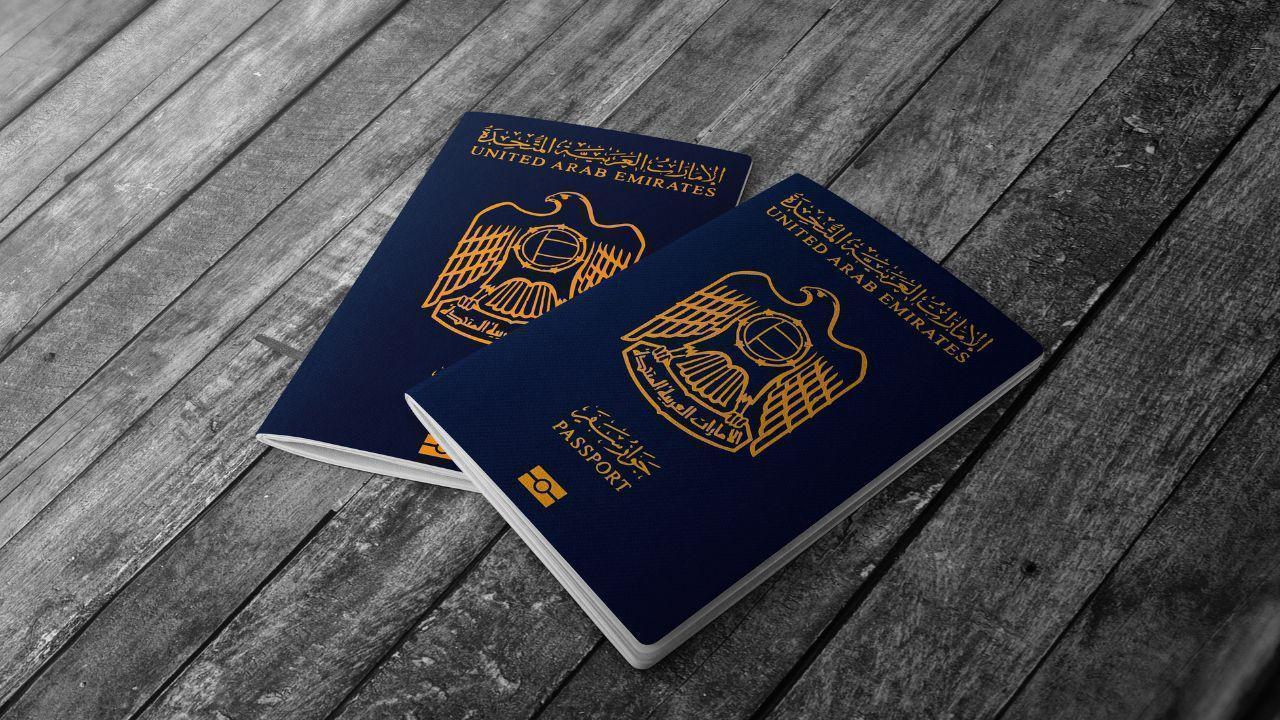
UAE rewards environmental contributors with long-term residency for sustainability...Read More.
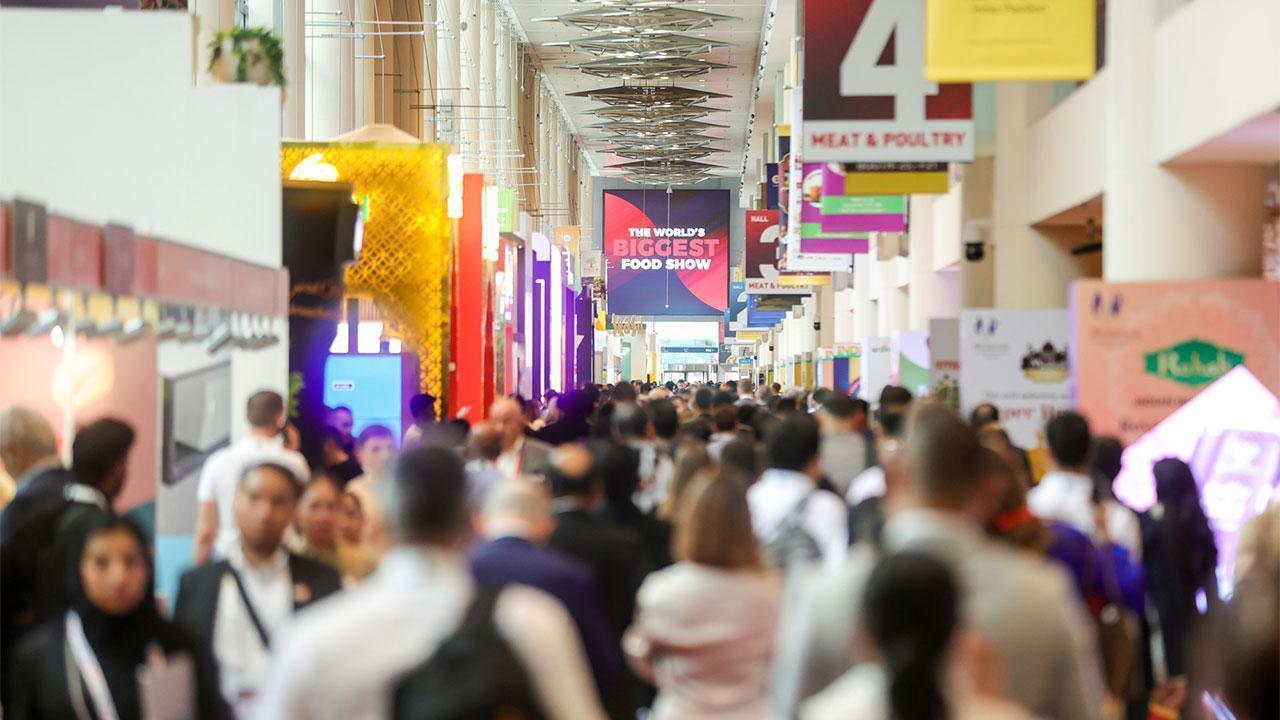
Gulfood 2025, the world's largest food event, continues Day 2 at DWTC with an exciting lineup!...Read More.
 Burj Azizi Dubai: Sale of Units Begins in Iconic 131-Storey Tower
Burj Azizi Dubai: Sale of Units Begins in Iconic 131-Storey Tower
Set for 2028, Burj Azizi will feature luxury homes, hotels, retail, and entertainment
 India-UAE CEPA Marks 3 Years of Strengthening Economic Ties
India-UAE CEPA Marks 3 Years of Strengthening Economic Ties
India-UAE CEPA marks three years since signing, boosting trade and economic ties
 Passenger Captures Dramatic Rescue After Delta Plane Crash-Lands in Canada
Passenger Captures Dramatic Rescue After Delta Plane Crash-Lands in Canada
Passenger Pete Koukov shared a video on Instagram showing his rescue by authorities from inside the
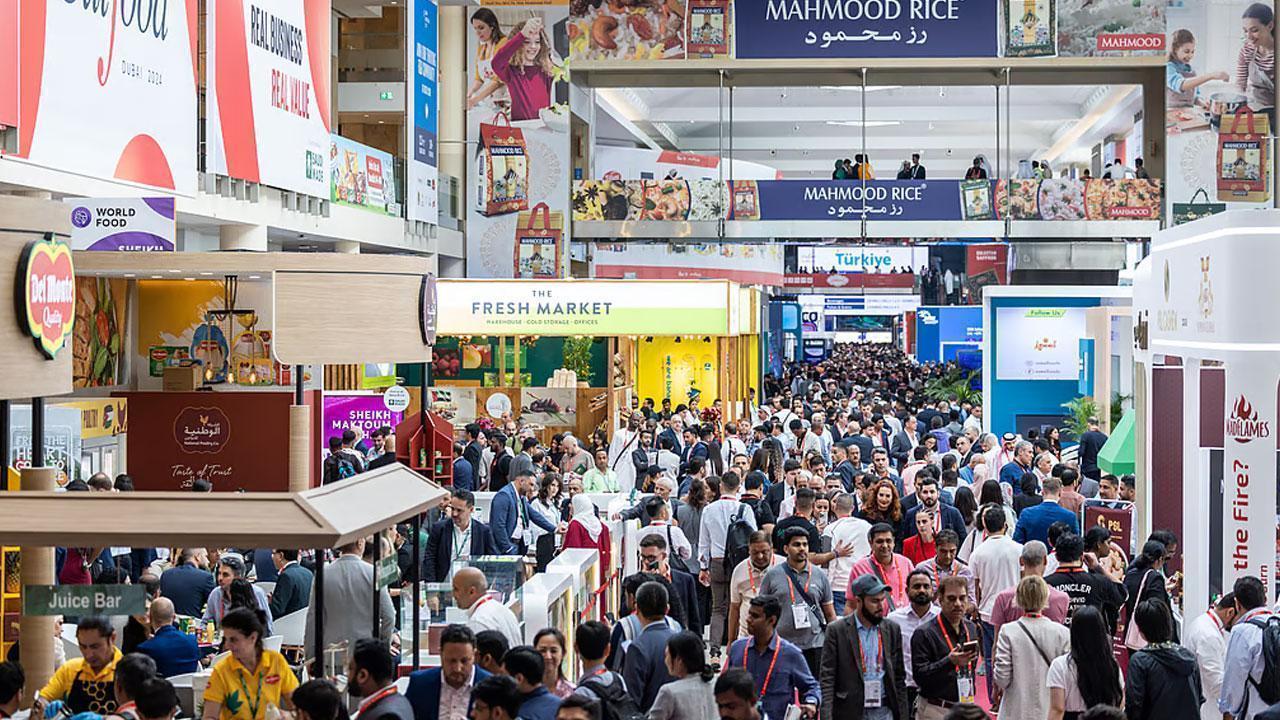 Gulfood 2025: 30th Edition Kicks Off, Paving the Way for F&B Innovation and Growth
Gulfood 2025: 30th Edition Kicks Off, Paving the Way for F&B Innovation and Growth
H.E. Abdulla Bin Touq Al Marri, UAE Economy Minister, to deliver keynote speech at event.
 Air Arabia launches 500,000 super seat sale with fares starting at Dh129
Air Arabia launches 500,000 super seat sale with fares starting at Dh129
Air Arabia offers discounted fares to over 100 destinations with prices starting at Dh129
UAE Launches 10-Year Blue Visa for Environmental Champions

UAE rewards environmental contributors with long-term residency for sustainability
H.E. Abdulla Bin Touq Al Marri, UAE Minister of Economy delivers keynote address at Gulfood

Gulfood 2025, the world's largest food event, continues Day 2 at DWTC with an exciting lineup!
Chhatrapati Shivaji Jayanti: Are banks, markets, offices, schools open

Some places in Mumbai may close for Chhatrapati Shivaji Maharaj Jayanti celebrations
Rangers to euthanize 90 stranded dolphins on remote Australian beach

Dolphins grew more stressed as they stayed exposed to the sun and strong winds
DGHR & Digital Dubai sign MoU to boost digital transformation in government
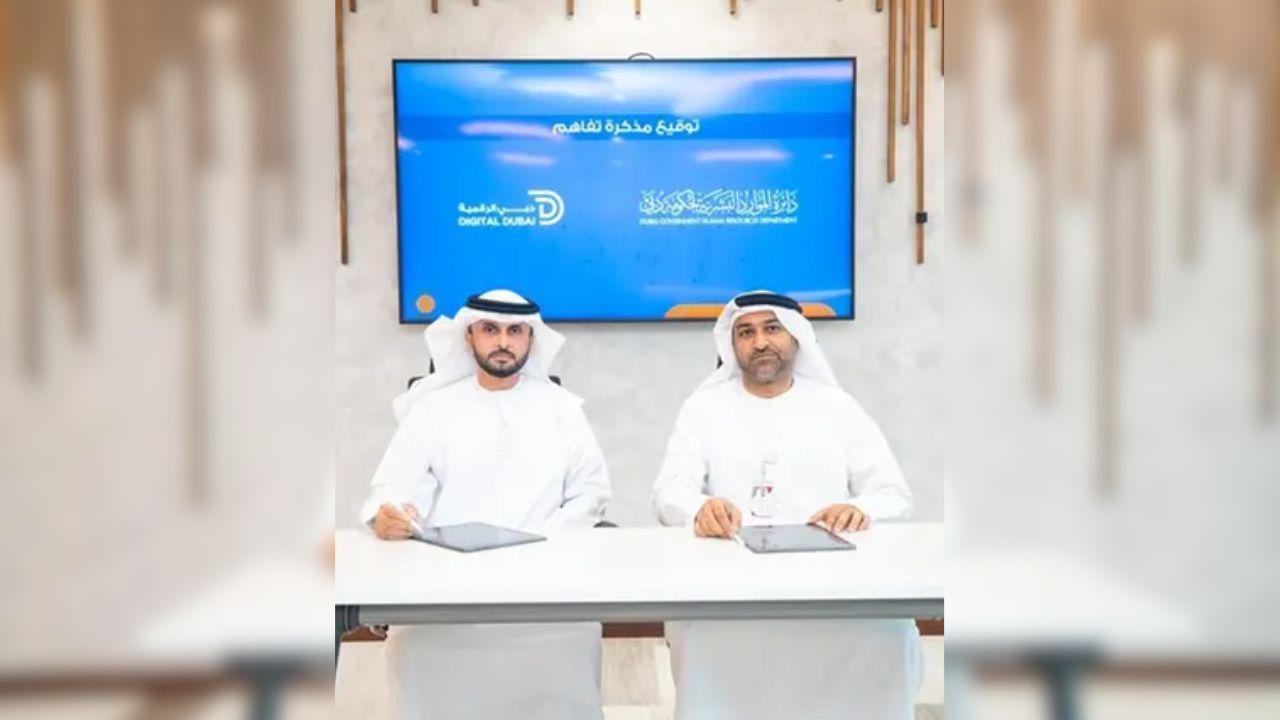
DGHR & Digital Dubai sign MoU to boost digital transformation under Dubai Agenda D33
Uorfi Javed stuns in Heeramandi & Padmaavat-inspired bridal couture.

Uorfi Javed stuns in Heeramandi & Padmaavat-inspired couture by Rimple & Harpreet
Easy Money Tips to Manage Your Finances Well

Simple money tips to manage finances wisely for a secure future
EAD launches 2nd Sheikh Hamdan bin Zayed Environmental Award in Abu Dhabi

EAD launches 2nd Sheikh Hamdan Award to honor excellence in UAE sustainability
Sharjah Ruler congratulates Jordan's King on successful surgery
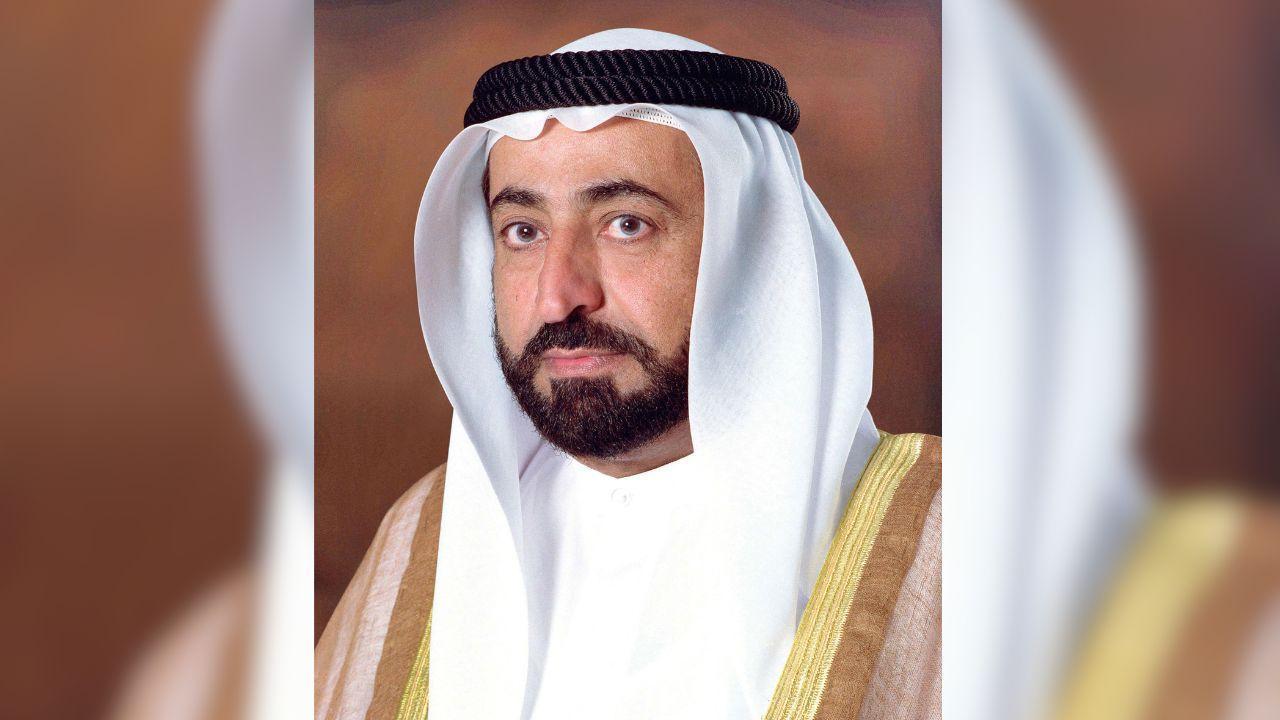
Sharjah Ruler congratulates Jordan's King Abdullah II on successful surgery
3001E, 30 Floor, Aspin Commercial Tower, Sheikh Zayed Road, Dubai, UAE
+971 52 602 2429
info@dxbnewsnetwork.com
© DNN. All Rights Reserved.